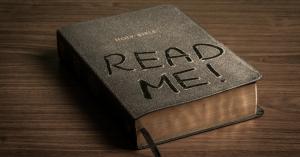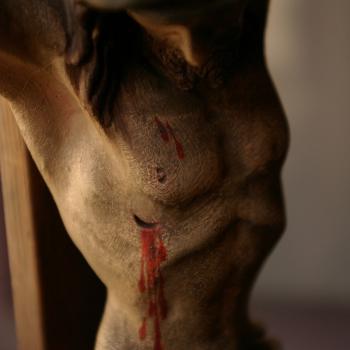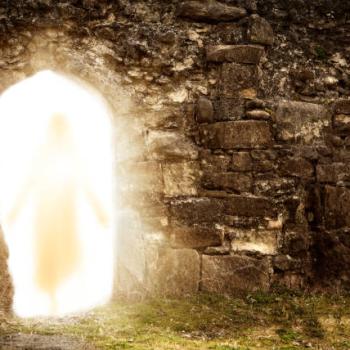 In this first post on Patheos Catholic, I tell you about myself and how I happen to be writing about the sorts of things you will find on this blog. You can read brief facts about Jack Hartjes on the “About Jack” tab.
In this first post on Patheos Catholic, I tell you about myself and how I happen to be writing about the sorts of things you will find on this blog. You can read brief facts about Jack Hartjes on the “About Jack” tab.
I was raised in a devout Catholic family. Typical for Catholics in the 1950’s, I knew about the Bible but I didn’t read the Bible. I did read lots of things as a youngster and was especially interested in science. My days as a seminarian in high school and early college were filled with the excitement of Catholic Church renewal envisioned by the Second Vatican Council. I still didn’t read the Bible. My later college years found me wrapped in the study of philosophy and rubbing shoulders with theology students, who were excited about new developments in their field. I still didn’t pay much attention to the Bible.
I guess I must have thought that whatever wisdom God put in the Bible could be divided up and summarized under headings I was already familiar with—The Trinity, the Incarnation, The Church, social justice and personal morality, Mass and sacraments, heaven and hell. The Bible was to me a mine that had been mined already.
I need to add that I disliked history immensely. I was no good at it. That dislike changed to fascination when I discovered that there was an important history to the Bible—the way it came to be. The Bible suddenly became personal. I fell in love. (I even started liking history, though as a discipline it’s still a struggle for me.)
When I say I fell in love with the Bible, I mean that I loved the Bible for being as human as I am as well as for being God’s own word. I learned to think of the Bible incarnationally—like Jesus, both fully divine and fully human. I found out that this is the Catholic view of revelation. The Catechism of the Catholic Church ( #106) says it was as “true authors,” using “their own faculties and powers” that God used Jewish poets, storytellers, historians, sages, compilers, and editors to give us the Bible. They were not taking dictation or copying a manuscript from heaven but in a human way trying to understand and put into words what God was doing in their history. It was a struggle for God’s people.
I always believed that the Bible throws light on our experiences and challenges, but I learned that the other way around is crucial. We interpret the Bible from where we are. And that place doesn’t stay the same from one age to another or even within a person’s lifetime. So the Bible never stops speaking to us, and that contemporaneous speaking in the community of the Church, not a book from long ago, is revelation.
The point of this long introduction is to let you know that you will find a lot of wrestling with the Bible on this blog and a certain amount of fun with the Bible’s stories as well. I understand and write from the point of view of a person with two feet in the modern world. I accept what modern science says about the world – its make-up and its history, the Big Bang and evolution, the fragile condition of our planet home, and the danger posed to it by my own lifestyle. I rejoice in the variety of peoples and cultures, with all their gifts and trials, brought close to me by instant communication and rapid transportation. I regret the accompanying but, I believe, unnecessary weakening of small-community and neighborhood belonging. I participate in my small, distant way in the cause of justice for oppressed and marginalized people at home and abroad. I believe that a Christian’s place is in this world of joys and woes and competing visions. I believe the Bible has always supported that belonging and participation.
I’m convinced also that modern methods of Bible interpretation, in which I guess I’m a fairly well-versed amateur, are necessary if Christians are to recommend to this world the Bible’s vision of human and divine things. I expect that conviction will become obvious in many of the posts to come.
If you are a person of great, little, or no religious belief, if you have answers to share and questions that keep pace with the answers, I would feel honored to have your company on this blog and to have your voice in conversation.












